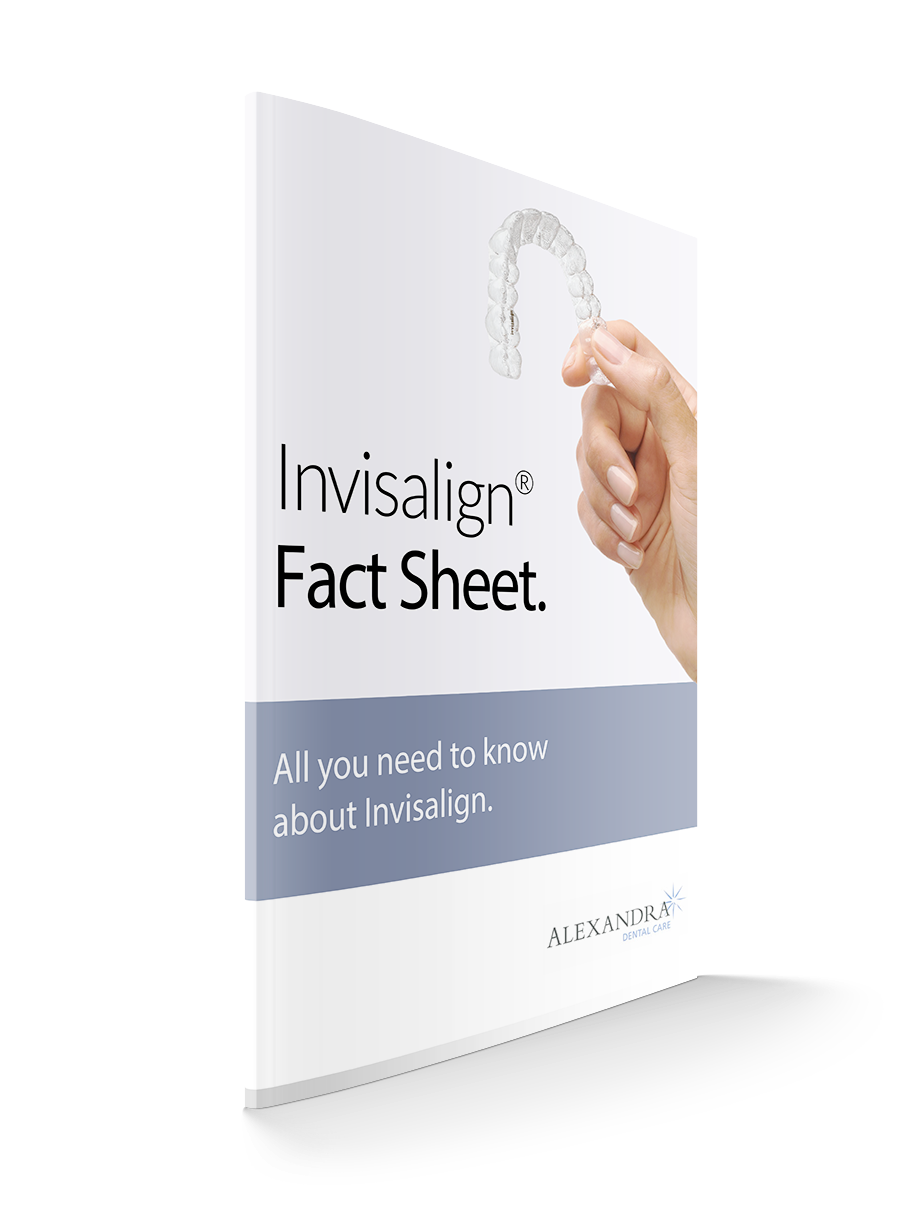Treating Sensitive Teeth
Prevention is the best option available, but there are treatments that can help when this problem arises
Tooth sensitivity is a problem, even if it feels relatively mild. The fact is that we shouldn’t experience any discomfort if we have strong and healthy teeth. A sudden sensation when we eat or drink anything hot or cold indicates that there is almost certainly a problem that needs to be checked by our dental practice here in Swadlincote.
There are a number of potential causes of sensitive teeth that may have been experienced by our Burton and Ashby patients. These are just some of them:
Worn enamel
This is one of the more common causes that we see at Alexandra Dental Care, especially with the increase in consumption of sports drinks and similar soft beverages. These are not only often very high in sugar, but in acidity as well. Combined together, this can be a devastating cocktail for your tooth enamel, and once it has become compromised, extremes of temperature will be felt more keenly than before, often causing sharp discomfort or pain on occasions.
Tooth decay and cracks
Any damage to a tooth can cause the tooth to become more sensitive. Tooth decay can certainly lead to this, as can cracked enamel. If your tooth has suffered contact trauma, perhaps during sport, whether from a ball or body part such as an elbow, make sure to have it checked as soon as you can by one of our dental team. You may not see a visible crack yourself, but the damage may be there, allowing not only your teeth to feel sensitive to hot and cold, but also allowing bacteria into the more vulnerable part of your teeth.
Teeth grinding
If you suffer from bruxism, there is every chance that your teeth will become damaged, cracked and chipped teeth are quite common and can expose the more sensitive dentin layer which lies beneath the enamel. If you suspect that you grind your teeth at night, please do discuss this with your dentist.
Receding gums
As we get older, our gums recede as a natural part of ageing. This can also happen earlier in life if we don’t look after them properly and consequently suffer from gum disease. As the gums recede, they expose the root part of the tooth which is less well protected by enamel, causing potential pain when it comes into contact with hot or cold.
Reducing and eliminating tooth sensitivity
Although preventing it in the first place is the best option, once you have started to notice discomfort from the problem, treatment will usually be needed. Although you can reduce discomfort to a degree by wearing a scarf over your mouth in cold weather, and avoiding food and drinks that are too hot or too cold, this is far from ideal and is not a long term solution to the problem. The following are some of the options that any of our Burton and Ashby patients who suffer from this problem, may like to consider.
Desensitising toothpaste
This can be very effective for some people, especially where the pain is not too severe. These often work by blocking the tubules in the teeth that allow ‘pain messages’ to be passed to the brain. You will need to use these regularly and if you revert back to regular toothpaste, the pain will start to reappear.
Dental restorations
Where the problem is caused by tooth decay or even a root canal infection, your dentist will take the appropriate action to restore the damaged tooth to full health. This may be in the form of a filling or perhaps cosmetic bonding depending on the circumstances. Where a root canal infection is the problem, you will likely need to have a root canal procedure.
Gum grafts
Where gum recession is the issue, a gum graft might be needed to restore the gum and cover the exposed tooth root.
Dental veneers
For long term protection from sensitive teeth, porcelain veneers are a good option. These often replace the damaged enamel front surface of a tooth and are strong and long lasting and you will be able to eat and drink what you want without having to endure any pain. Veneers can last you for around ten years if you look after them as instructed by your dentist.
If your teeth feel even a little more sensitive than they used to do, you should have them checked out as soon as possible. The treatment you require (if any) will depend on the cause of the problem. To arrange an appointment with us at Alexandra Dental Care, please call us today on 01283 216347.
Google+
Comments are closed.